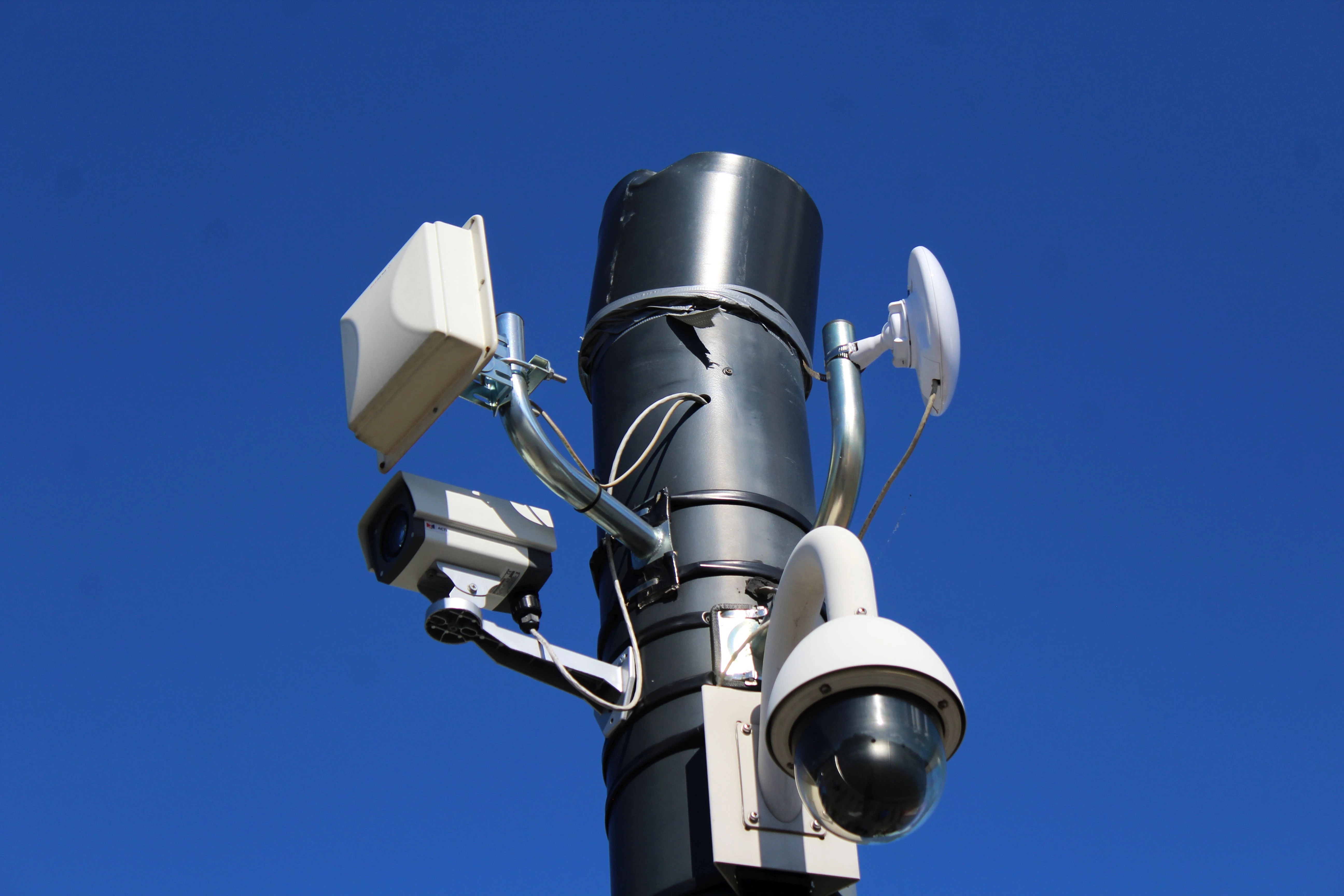Northern Ireland's First Minister Michelle O'Neill has expressed regret that she will not attend Belfast Pride this year. The Sinn Féin leader said she was disappointed by the organisers' decision to ask political parties to stay away from the parade in an official capacity.
The exclusion follows Stormont's backing of a ban on puberty blockers, which prompted Belfast Pride organisers to distance themselves from political representatives. The parade, which began in 1991, has grown to become Northern Ireland's largest single parade over the past three decades.
Theme focuses on progress
This year's event carries the theme "No Going Back", with organisers emphasising there must be "no turning back from the advances made in visibility, legal protections and societal recognition". The parade will proceed on Saturday despite the political controversy.
Alliance MLA Andrew Muir, who serves as Stormont's Agriculture and Environment Minister, confirmed he will attend the Pride parade in a personal capacity. The gay politician described the event as important and said he would participate as an individual rather than in his official role.
First Minister promises support
O'Neill told the BBC she would mark Pride "in her own way" and hoped to return to Belfast Pride next year. She emphasised her continued commitment to LGBTQIA+ rights despite being unable to attend officially.
"For me, Pride has always been about love and friendship, about celebrating people's identity and promoting inclusivity," O'Neill said. "I have always been an advocate for equality and human rights, so it does make me sad that they have taken the decision that they have taken."
Civil service participation defended
The First Minister defended the decision by Northern Ireland Civil Service head Jayne Brady to participate in the parade. O'Neill argued that as a major employer of over 24,000 staff, the civil service should be represented at Pride events.
"We are an inclusive employer and I think it is absolutely appropriate that the head of that service should be there," O'Neill said. She added that many civil service employees are members of the LGBTQIA+ community and deserve support from their employer.
Christian concerns raised
TUV MLA Timothy Gaston voiced opposition to civil service participation, citing concerns from Christian civil servants. He wrote to Brady expressing "deep unease" about the civil service's involvement in what he described as a political campaign.
"Belfast Pride is not a neutral celebration," Gaston said. "It is a platform for contentious political demands, including positions on gender ideology, family, education, and religious freedom, that are strongly contested."
Muir countered these concerns by reflecting on his own experience coming out nearly 30 years ago. He said supportive employers who participate in Pride events create inclusive workplaces where LGBTQIA+ staff feel valued and welcomed.
(PA/London) Note: This article has been edited with the help of Artificial Intelligence.









